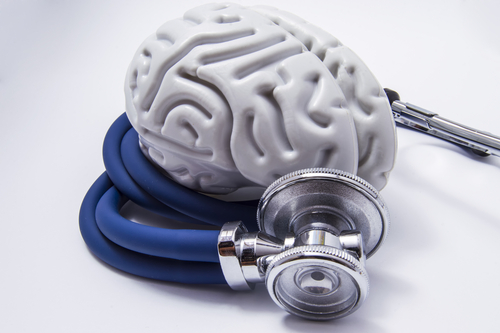This post was originally published on this site
An investigational Alzheimer’s treatment called bryostatin-1 failed to meet its primary goal — lesser evidence of dementia in people with more severe disease — in a Phase 2 clinical trial, Neurotrope, the company developing the therapy, announced in a press release.
Bryostatin-1 is a molecule that activates protein kinase C (PKC), which plays an important role in learning, memory, and maintaining the health of synapses — the places where neurons (nerve cells) come into contact with, and send signals to, each other.
Prior studies — including another Phase 2 clinical trial — indicated that bryostatin-1 might be helpful in the clinical management of Alzheimer’s disease.
In this most recent trial (NCT03560245), 108 people with moderate to severe Alzheimer’s disease were randomly assigned to intravenous (directly into the vein) treatment with either 20 mg of bryostatin-1 or a placebo, given seven times over the course of 12 weeks.
The study’s primary endpoint, or goal, was the change in total score for the Severe Impairment Battery (SIB) — a test designed to assess cognitive function in people with dementia who are unable to complete other psychological tests — from the study’s start to week 13.
Data found the average total SIB score increased by 1.3 points in the bryostatin-1-treated group, and it increased by 2.1 points in the placebo group. Higher scores indicate better functionality (i.e., less evidence of dementia); as such, treatment with bryostatin-1 did not ease dementia symptoms relative to placebo.
No statistically significant differences were seen between the bryostatin-1 and placebo groups for any of the study’s secondary endpoints that were assessed. This included changes in SIB score at different points in time over the course of the study (at two, five, nine, and 15 weeks after the start of treatment).
“We are disappointed in the topline results from the confirmatory Phase 2 study,” Charles S. Ryan, the chief executive officer of Neurotrope, said in the release. “Having just received the data, we are conducting a full review to determine potential next steps and will provide an update of our plans when appropriate. We sincerely thank the patients, physicians, study coordinators and the entire Neurotrope team for their support of this novel study.”
The post Bryostatin-1 Fails to Ease Dementia in Moderate-to-Severe Alzheimer’s Patients in Phase 2 Trial appeared first on Alzheimer’s News Today.
The post Bryostatin-1 Fails to Ease Dementia in Moderate-to-Severe Alzheimer’s Patients in Phase 2 Trial appeared first on BioNewsFeeds.


